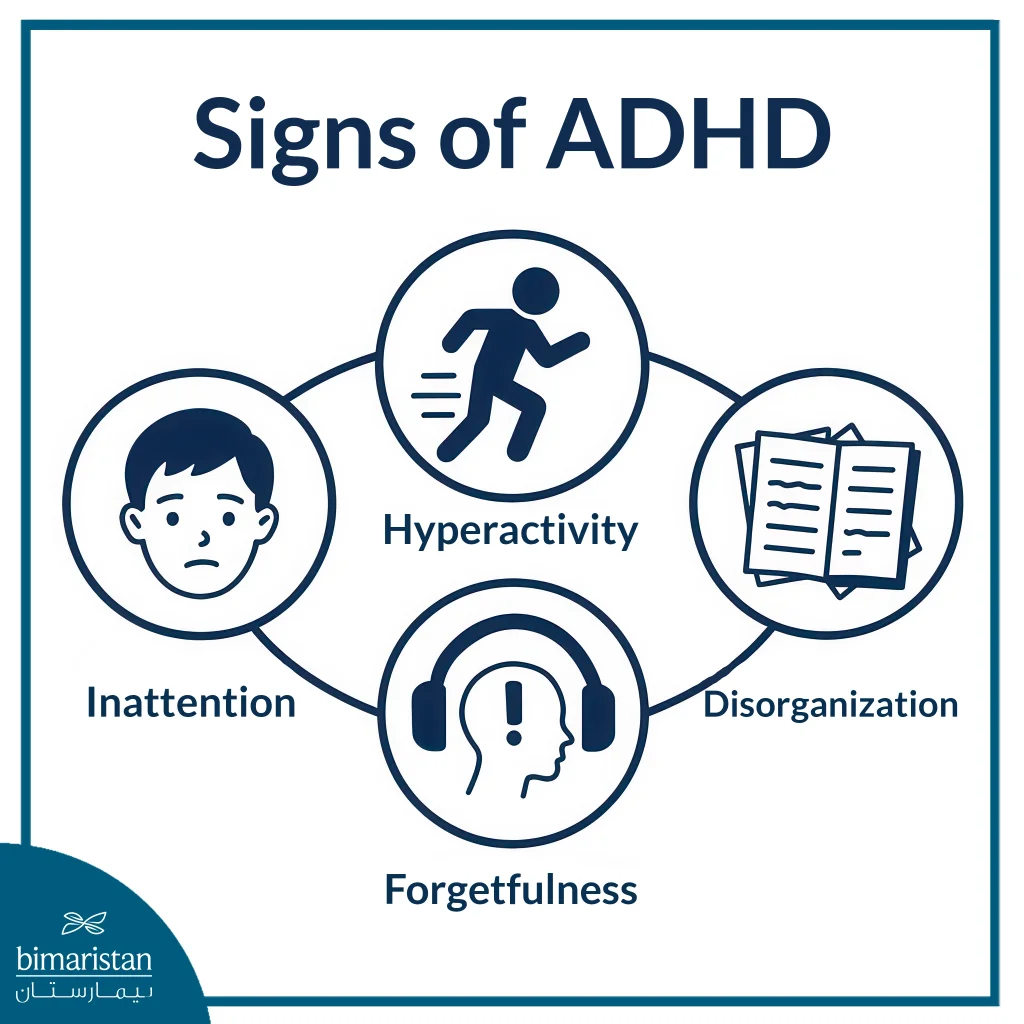
Introduction
Attention Deficit Hyperactivity Disorder (ADHD) is a neurodevelopmental disorder that affects millions worldwide, impacting both children and adults. Recognising the symptoms of ADHD is vital for timely diagnosis and effective management, as they can significantly influence daily functioning, academic performance, and overall well-being.
Common Symptoms of ADHD
ADHD symptoms are broadly classified into two categories: inattention and hyperactivity/impulsivity. These symptoms can vary significantly between individuals.
Inattention
Symptoms of inattention include frequent daydreaming, difficulty in sustaining attention in tasks or play activities, difficulty organizing tasks, and forgetfulness about daily activities. Individuals may often lose things necessary for tasks or activities, leading to struggle in completing school assignments or work-related tasks.
Hyperactivity and Impulsivity
Hyperactive symptoms might manifest as fidgeting, inability to remain seated in situations where it is expected, running or climbing in inappropriate situations, and talking excessively. Impulsivity can result in blurting out answers before questions have been completed or difficulty waiting one’s turn, which can lead to problems in social interactions.
Current Events and Research
Recent studies have shed light on the prevalence and understanding of ADHD symptoms. According to a 2023 report by the National Health Service (NHS) in the UK, ADHD diagnoses have seen a significant increase, prompting discussions about mental health support and resource allocation for individuals diagnosed with the disorder. The rise in diagnosis is often attributed to greater awareness and understanding of the condition rather than an actual increase in cases.
Conclusion
Recognising the symptoms of ADHD is crucial for those affected, as early intervention can lead to improved quality of life. Educational techniques, behavioural therapies, and medication are among the strategies suggested to manage ADHD symptoms effectively. As awareness grows, society must cultivate an understanding and supportive environment for individuals with ADHD. Looking ahead, ongoing research will likely continue to evolve our understanding of ADHD, paving the way for innovative treatments and resources to assist those affected.
You may also like

Understanding the Current Measles Outbreaks

Understanding Care Homes: Trends and Importance in 2023

Tragic Incident Leaves Gardener Paralysed: A Call for Action
SEARCH
LAST NEWS
- Remembering Wendy Richard: The Promise to Co-Star Natalie Cassidy
- How Did Anglian Water Achieve an ‘Essentials’ Rating for Mental Health Accessibility?
- Shai Hope Leads West Indies in T20 World Cup Clash Against South Africa
- What We Know About Weston McKennie: Future at Juventus and Past at Leeds
- What We Know About the Upcoming Live Nation Antitrust Trial